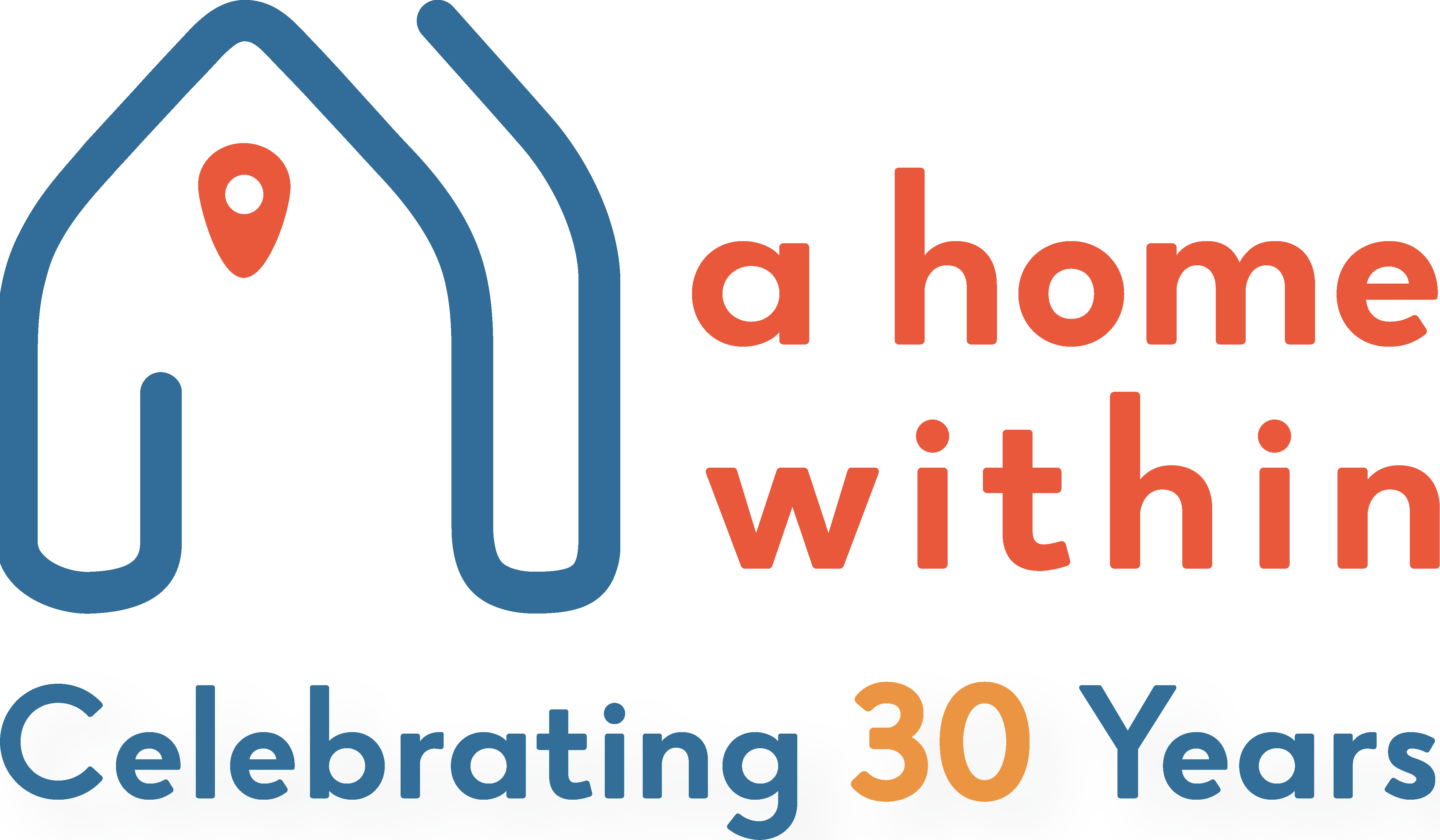Information Hub / BlogWhat’s A Mother To Do
A pregnant woman undergoing methadone treatment may find herself in an extremely difficult position. According to a recent article in The Daily Beast confusion, uncertainty, and disagreement among professionals may put expectant women in danger of losing their infants to the foster care system if they are considered to be drug addicted because they are receiving methadone to manage opiate withdrawal.
She may be cautioned by her addiction specialist that attempting to stop methadone treatment precipitously could lead to a relapse and/or a miscarriage or premature birth. Yet medical personnel who are not familiar with methadone treatment may simply consider it a narcotic, like any other, and evidence that the woman is a drug addict who is putting her unborn child at risk.
Although methadone maintenance is surely safer than a relapse and return to illicit drugs, infants exposed to methadone in utero can and do undergo withdrawal. Child welfare workers, judges, and some medical personnel consider this child abuse and grounds for removing infants from their mothers. Once the child has entered foster care the problem may become compounded because the mother’s continued treatment will make her test positive for opiate use. If, as is frequent, a condition for the return of her baby is that she be “clean and sober,” she faces the same dilemma that she did during pregnancy—risk a relapse that could endanger her life and put her at risk for not being able to provide adequate care for her child—or continue the treatment that could actually enhance her capacity to provide care and risk leaving her child in foster care.
As new medications for the treatment of opiate withdrawal become available, some of these problems may be lessened. However, in the meantime, strongly held beliefs about drug use and addictions, even when not supported by scientific evidence may lead to the unnecessary disruption of the lives of parents and newborns.
If some newborns do indeed have to suffer through the pain of withdrawal and the simultaneous loss of their mothers, we need to recognize that they will be starting their lives in double jeopardy. Certainly policies and programs that could offer these mothers the support they need to manage their pregnancies under competent medical care so that their babies can leave the hospital with them are a far preferable alternative to beginning life in foster care.
By Toni Heineman
